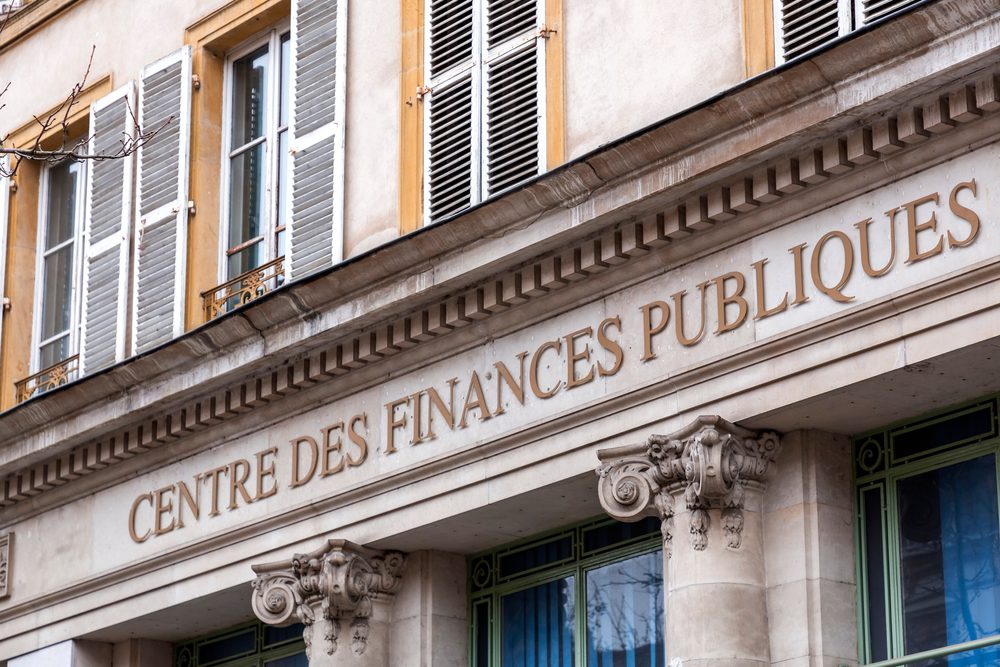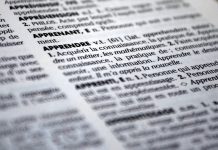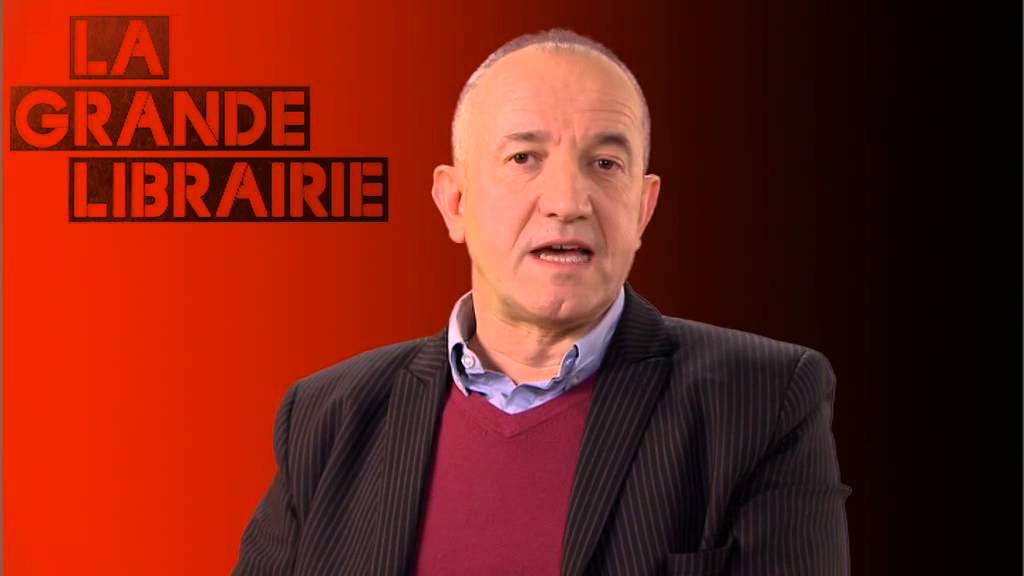Biens Immobiliers-French Property Owners Mandatory Declaration
French property owners must declare how they use their property by June 30, 2023.
Owners need to declare if the property is used as a primary residence or not, either by phone or in their personal space on the French tax website https://www.impots.gouv.fr/international-particulier/services
The taxe d’habitation has been abolished on all primary homes but is still levied on second homes. The authorities usually have this information; the declaration is a simple validation. It is envisaged that this will be a one-time process.
The obligation covers main and second homes and rented properties and carries a €150 fine per property for non-compliance
The only exception is for properties not assessable for Taxe d’Habitation or Taxe sur les Logements Vacants –usually the purview of professional property companies.
Private owners, SCI property ownership companies and people with usufruit (the right to use property and receive income from it without owning it) are all included.
The declaration is separate from an individual’s income tax return; still, people must inform their tax office if a house is not their primary residence. The tax authorities will use the declaration to prevent people who own more than one property from falsely claiming alternating principle homes.
It is unnecessary to have an income declaration to complete. However, individuals accessing their online tax return will be asked to complete the property declaration if applicable. No additional taxation will be levied as a result.
Tax offices will use the information collected to check they are collecting all relevant money under ‘tax at source’ systems, which includes instalments of estimated tax on rental incomes.
The authorities may also check properties have been adequately declared for Impôt sur la Fortune Immobilière (property wealth tax), and confirm the completion of newly-built properties has been registered, enabling the payment of the Taxe d’Aménagement on new construction and extensions,
How To Provide Information.
If you have an account at impots.gouv.fr, you should sign in and click on Biens immobiliers at the top of the page.
Following a house purchase, a notaire will have notified the tax authorities, and this should already be listed on the website with the annotation déclaration attendue
Property bought recently may still need to be listed, and you do not need to take further action until it does.
The page has an English version and two buttons for each property. One button is to consult the details, and the other is to make the declaration.
Garages, cellar and parking spaces.
Any detached buildings to a house or flat will be listed separately.
In the case of flats, this applies to a cellar in the basement but not exterior terraces.
You can declare other items (e.g. a workshop) you use as part of your daily life at the property as being ‘concerned by this occupation’ to attach them as part of the same ensemble.
Describing the property.
The surface area will be the actual ‘wall-to-wall’ area, which might be different to the m2 of the Loi Carrez used in the estate agent’s brochure.
The number of ‘rooms’ includes bathrooms, kitchens, bedrooms and living rooms.
Properties are given a numerical classification for appearance and construction ranging from 8, ‘dilapidated and defective’ to 1, ‘sumptuous’. A property considered ordinary would be class 6
If there is an issue, tell the tax office by the private message button at the top of the page, selecting J’ai une question sur le descriptive de mon bien immobilier from the drop-down menu on the message board.
State how the property is used.
You must say who was living in or using the property on January 1, 2023, and since then, if it changed. You must also declare; if it is a main or second home, it is rented out, provided without charge to someone, or vacant, which means it must be unused, unfurnished, and unavailable for occupancy.
If you rent it out, you must say if it was furnished, unfurnished, or used for short-term holiday lets or is a long-term lease.
Getting an online tax espace particulier.
Anyone eligible for French income or property taxes has a numéro fiscal tax number. You can find this 13-digit number at the top of any tax bill. This number enables you to access your personal tax web pages on the French Government tax website
https://www.impots.gouv.fr/international-particulier/services
You can apply using this form if you have yet to receive any tax documents.
https://www.impots.gouv.fr/formulaire-de-creation-dacces-lespace-particulier-non-residents.
You will need to provide a copy of your passport. Enter 99 in the box asking for the birth department if born abroad.
Alternatively, call 0809 401 401 with a tax bill to hand.
After the first words in French, press 0, choose option 1, and again 1 to speak to an adviser. Tax offices can also help in person, as can branches of France Services.





























